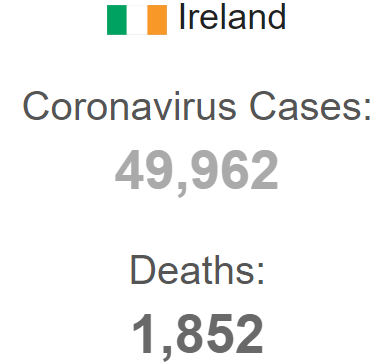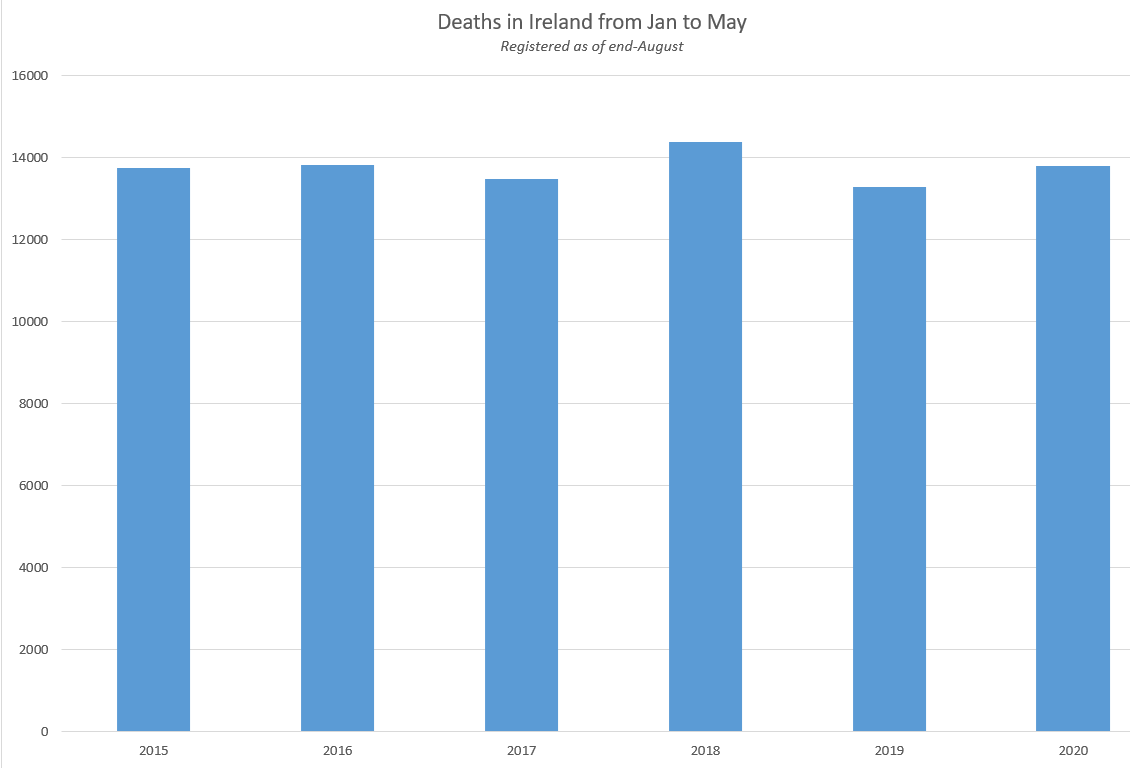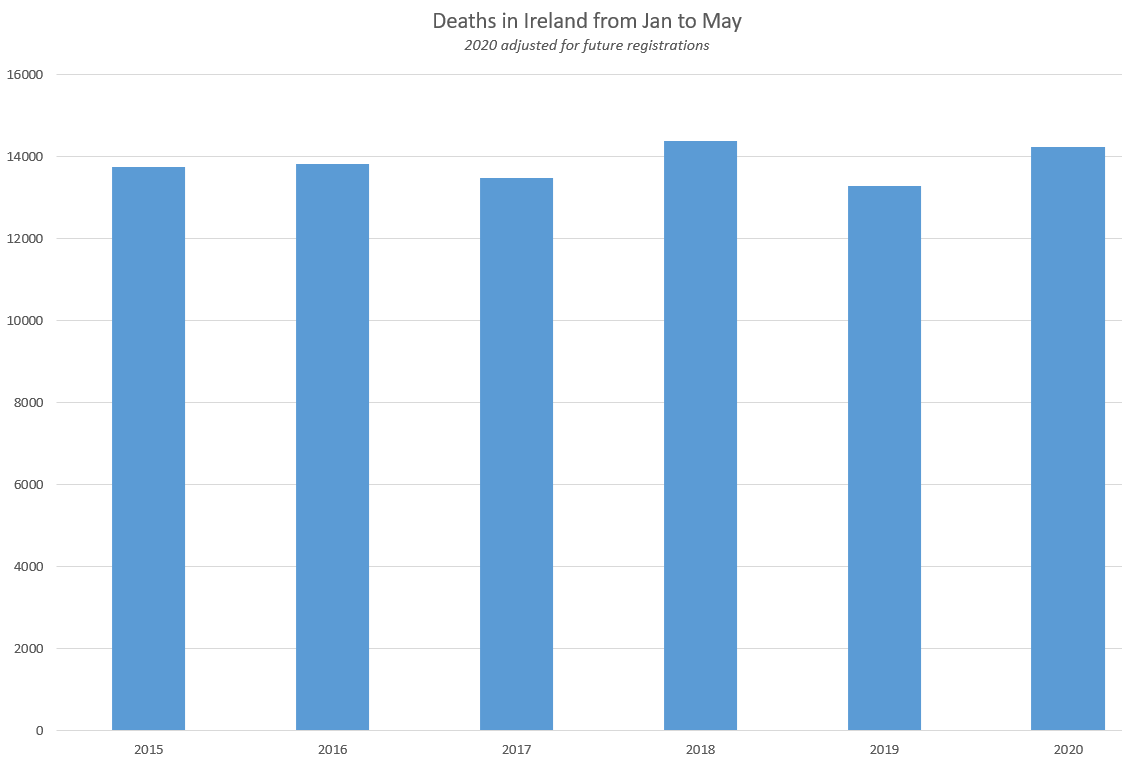
We don't have a Covid crisis - we have a public information crisis.
That's my conclusion, after reviewing the latest mortality data from Ireland.
Here are my updated and extended charts.👇👇👇
Please retweet to help get the word out.
That's my conclusion, after reviewing the latest mortality data from Ireland.
Here are my updated and extended charts.👇👇👇
Please retweet to help get the word out.
Firstly, remember that "Covid-19 deaths" includes people who died of other things.
Leo Varadkar:
"We counted all deaths, in all settings, suspected cases even when no lab test was done, and included people with underlying terminal illnesses who died with Covid but not of it."
Leo Varadkar:
"We counted all deaths, in all settings, suspected cases even when no lab test was done, and included people with underlying terminal illnesses who died with Covid but not of it."
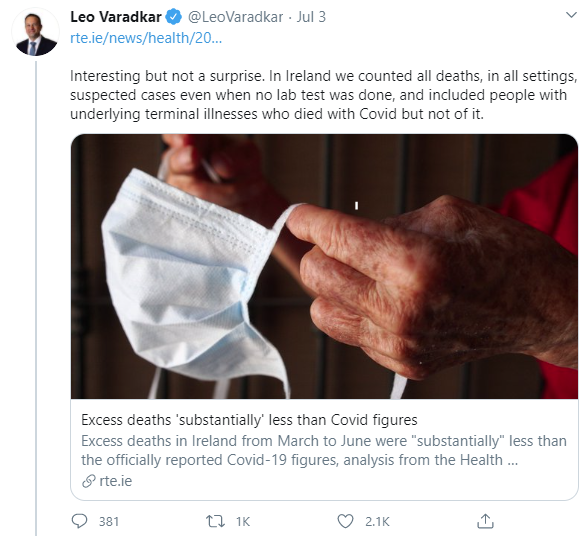
Secondly, take a look at the unadjusted all-cause mortality data (with thanks to @Thorgwen).
You'll note that April 2020 (based on deaths registered so far) is comparable to flu months in January 2017 and January 2018.
Year-to-date registrations so far, up to June, look normal.


You'll note that April 2020 (based on deaths registered so far) is comparable to flu months in January 2017 and January 2018.
Year-to-date registrations so far, up to June, look normal.
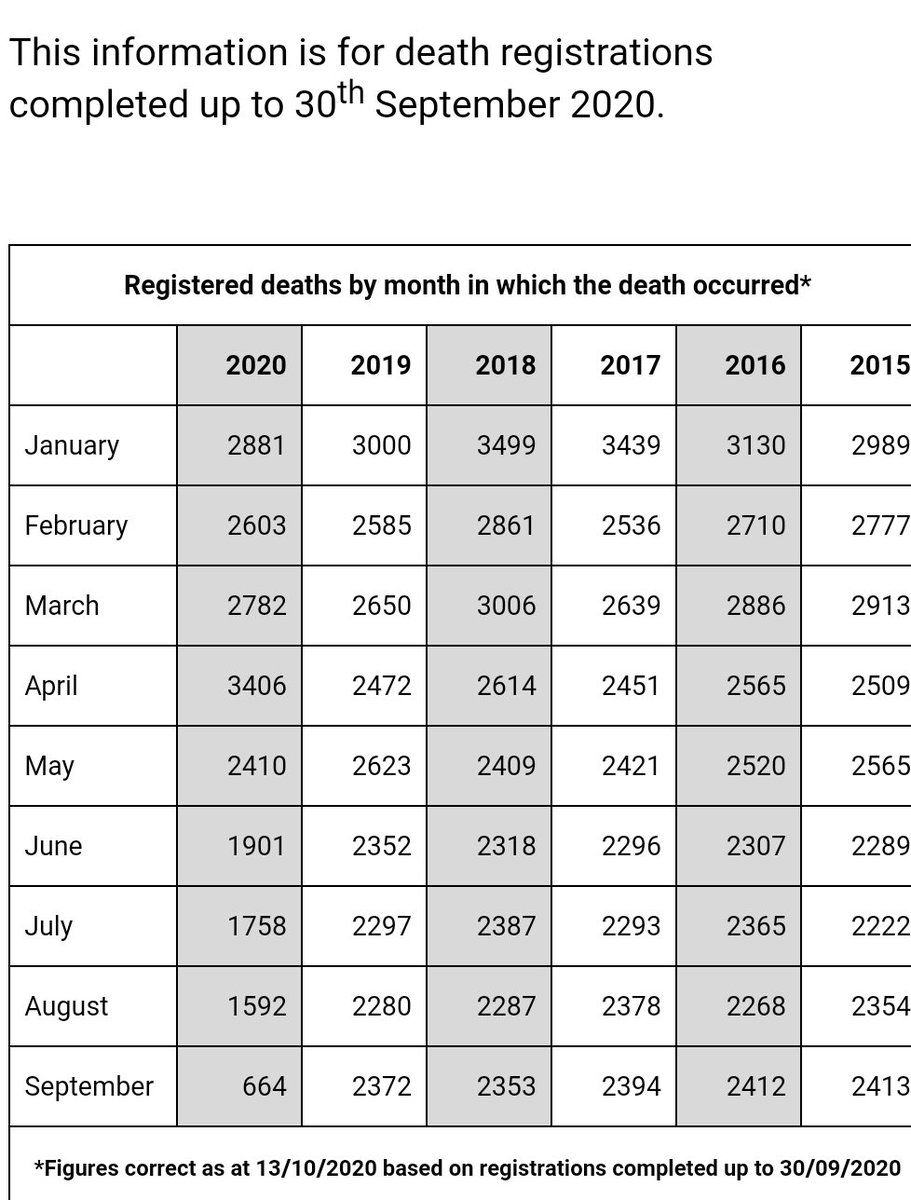
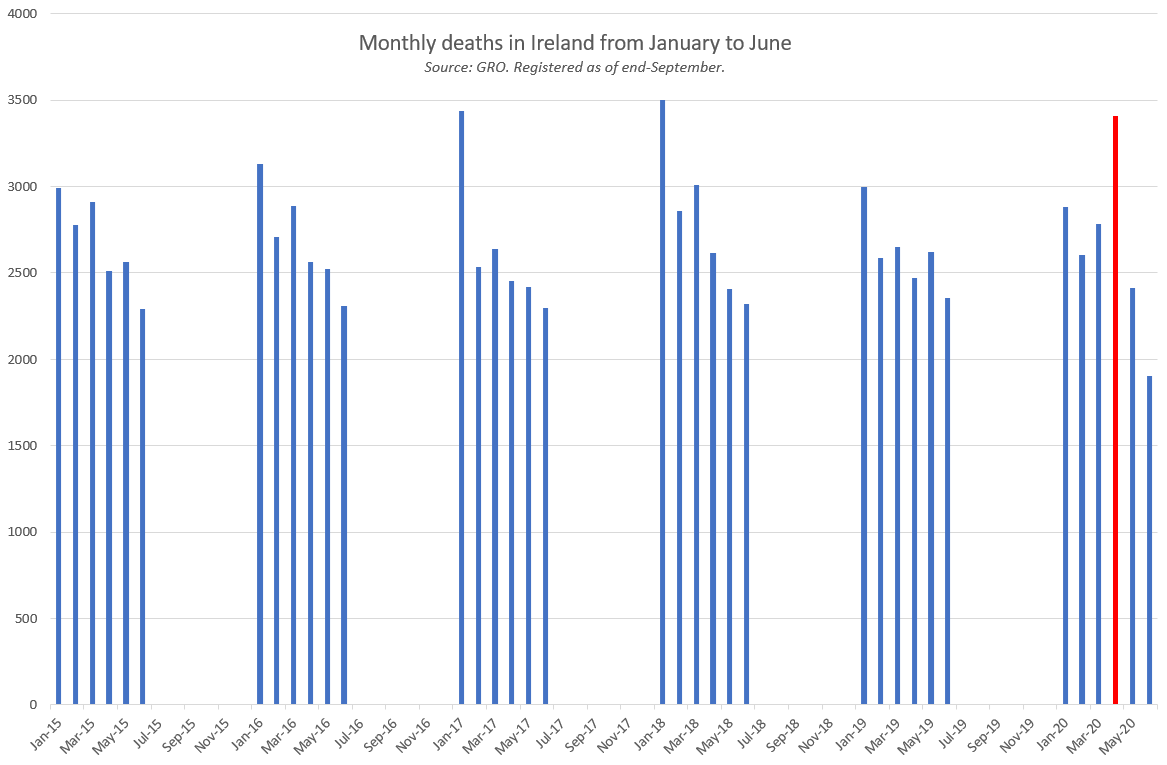
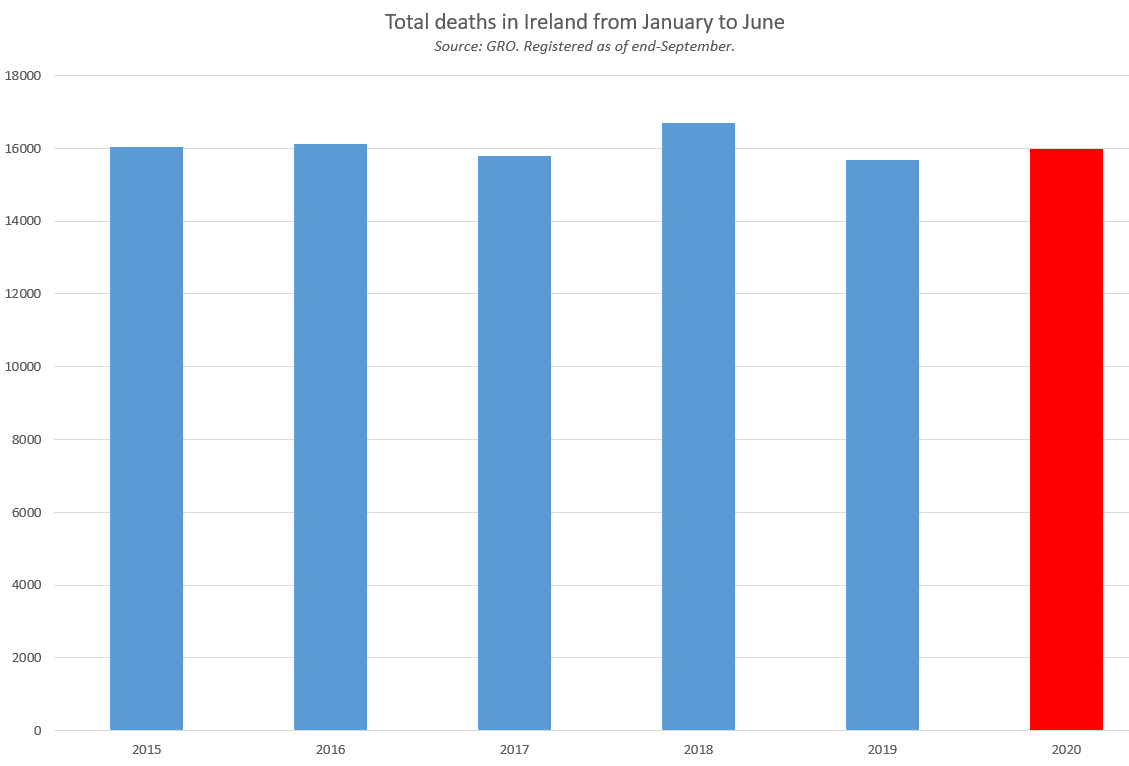
Now I'm going to make two important adjustments, as I've done before.
First, I adjust for expected late registrations. In the interest of transparency, you can see my forecast below.
Second, I adjust for the growing population (it's also ageing, but I don't adjust for this).

First, I adjust for expected late registrations. In the interest of transparency, you can see my forecast below.
Second, I adjust for the growing population (it's also ageing, but I don't adjust for this).
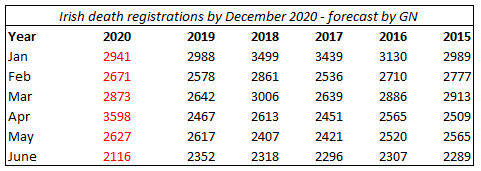
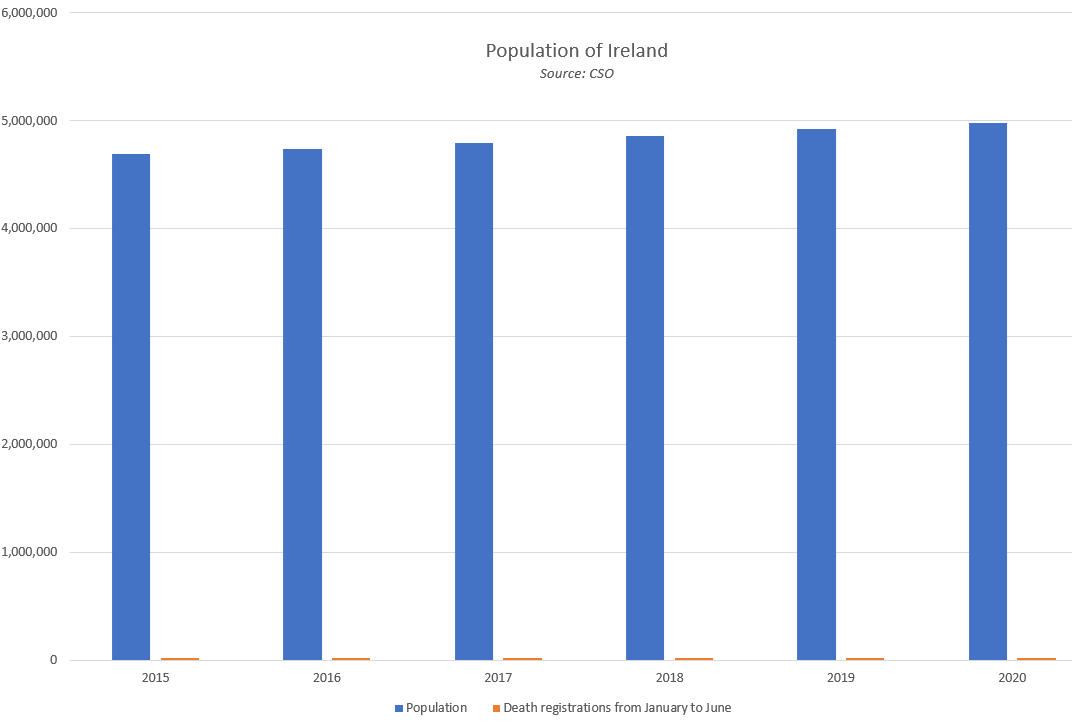
We can now say with even more certainty that April 2020 was about as bad as January in a harsh winter.
Competing explanations for the deaths sadly witnessed in April: Covid-19, major disruption to the health service and care homes, and two mild winter seasons preceeding it.
Competing explanations for the deaths sadly witnessed in April: Covid-19, major disruption to the health service and care homes, and two mild winter seasons preceeding it.

Let's take the mild January this year into account, and look at year-to-date deaths to May.
From this perspective, 2020 mortality is about the same as 2018 and very similar to both 2015 and 2016.
Is the hysterical media coverage of death this year justified by the reality?
From this perspective, 2020 mortality is about the same as 2018 and very similar to both 2015 and 2016.
Is the hysterical media coverage of death this year justified by the reality?
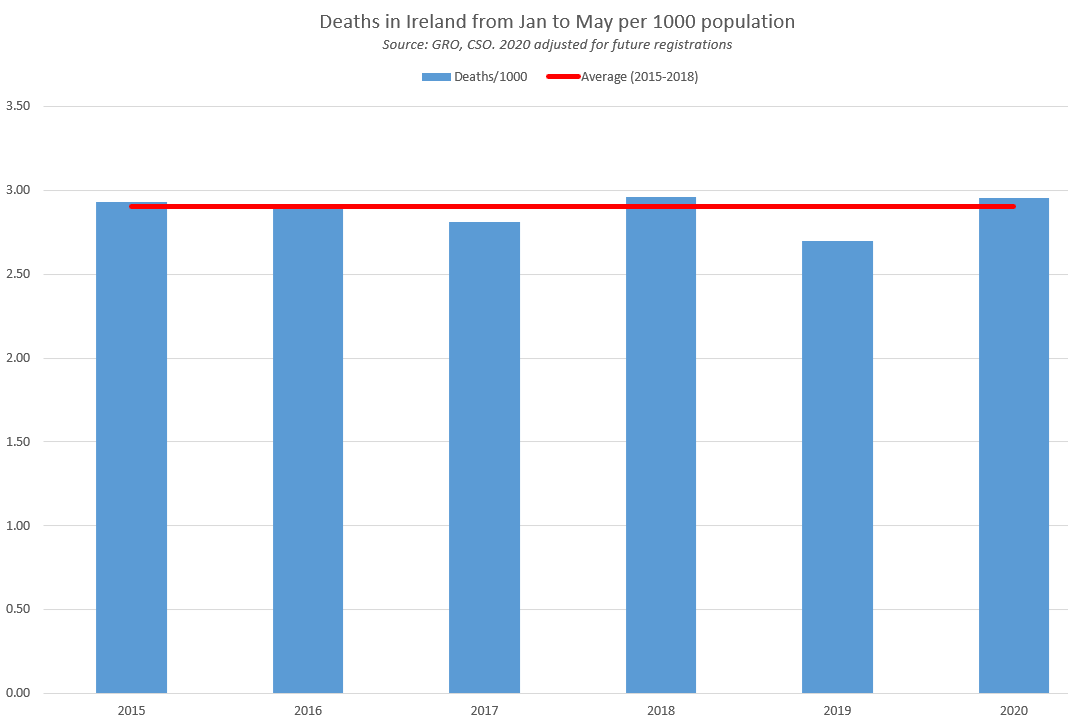
And if we include what looks like a very mild June 2020, then we are left with an almost perfectly average year.
Note that 2019 is the outlier year, not 2020. H1 2019 was remarkably mild.
More evidence that there was an unusually large cohort of vulnerable people in early 2020.
Note that 2019 is the outlier year, not 2020. H1 2019 was remarkably mild.
More evidence that there was an unusually large cohort of vulnerable people in early 2020.
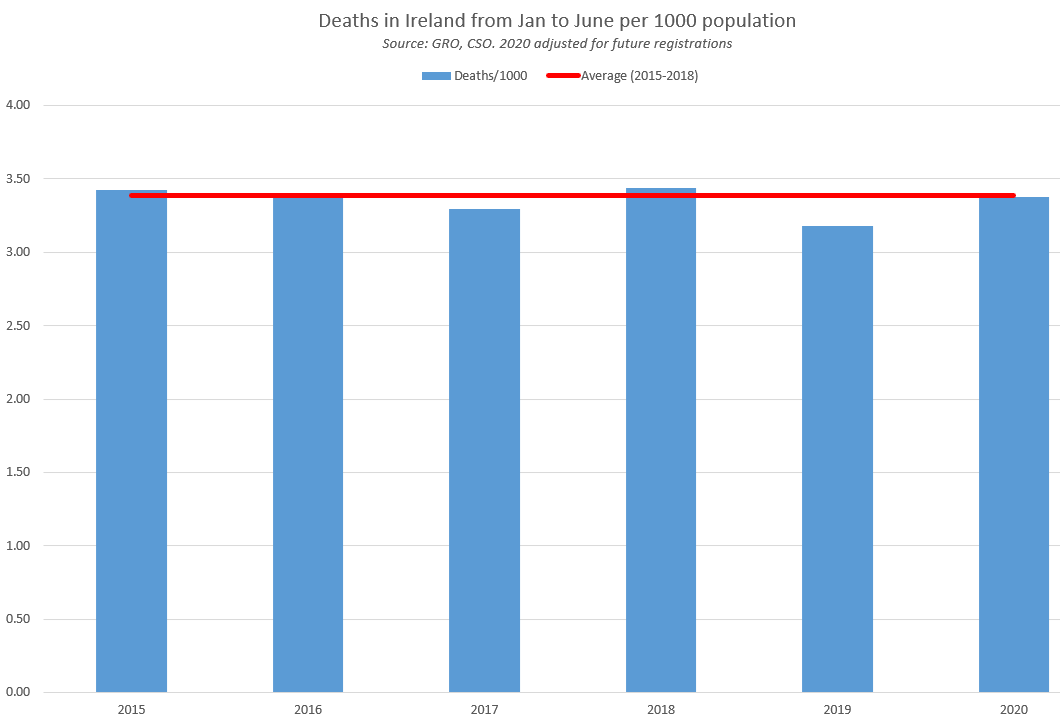
Now let's prove that the official Covid-19 death toll is wrong simply by excluding all Covid-19 deaths from the previous charts.
When you do this, you get record low mortality in 2020.
In the context of the severe disruption to the health service, this doesn't make any sense.

When you do this, you get record low mortality in 2020.
In the context of the severe disruption to the health service, this doesn't make any sense.
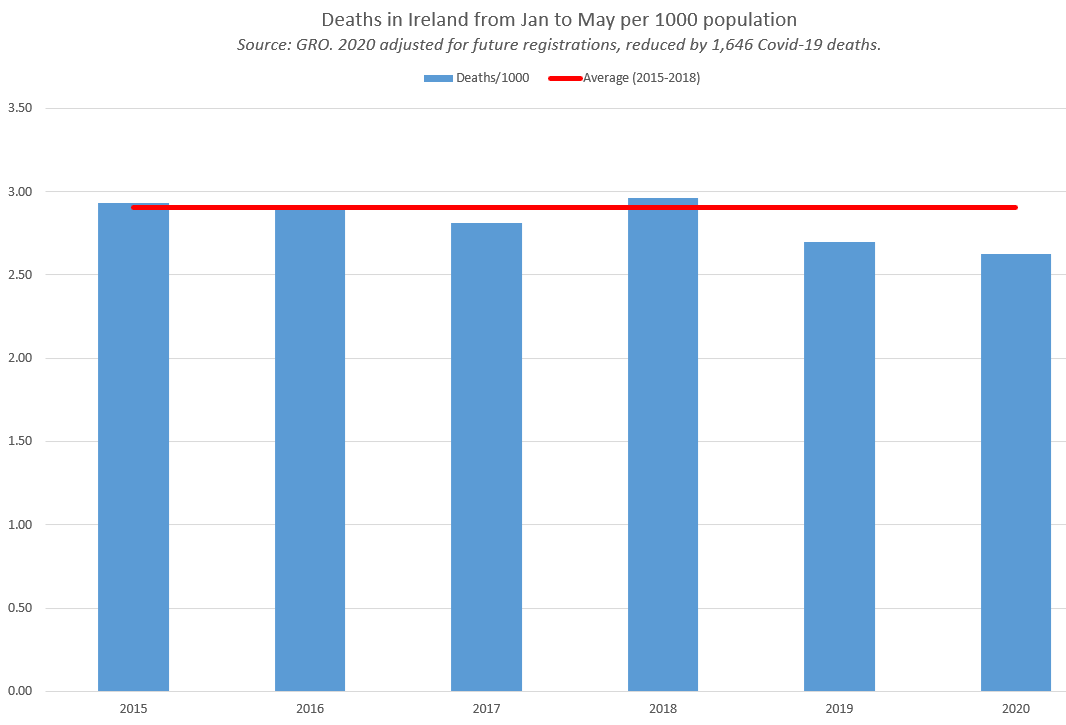
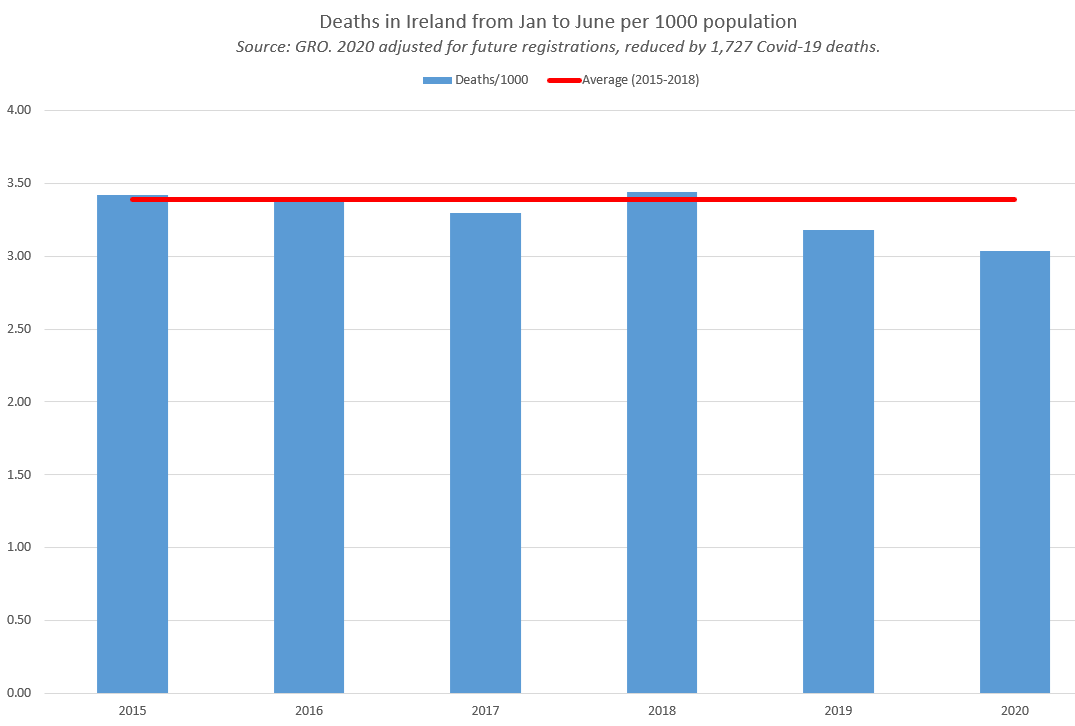
CONCLUSIONS:
The official Covid-19 death toll does not make sense.
Mild winters and health service disruption can explain much of the spike in April.
Low mortality in June might reflect the age profile of those who sadly passed in April.
Overall mortality in 2020 is normal.
The official Covid-19 death toll does not make sense.
Mild winters and health service disruption can explain much of the spike in April.
Low mortality in June might reflect the age profile of those who sadly passed in April.
Overall mortality in 2020 is normal.
• • •
Missing some Tweet in this thread? You can try to
force a refresh

